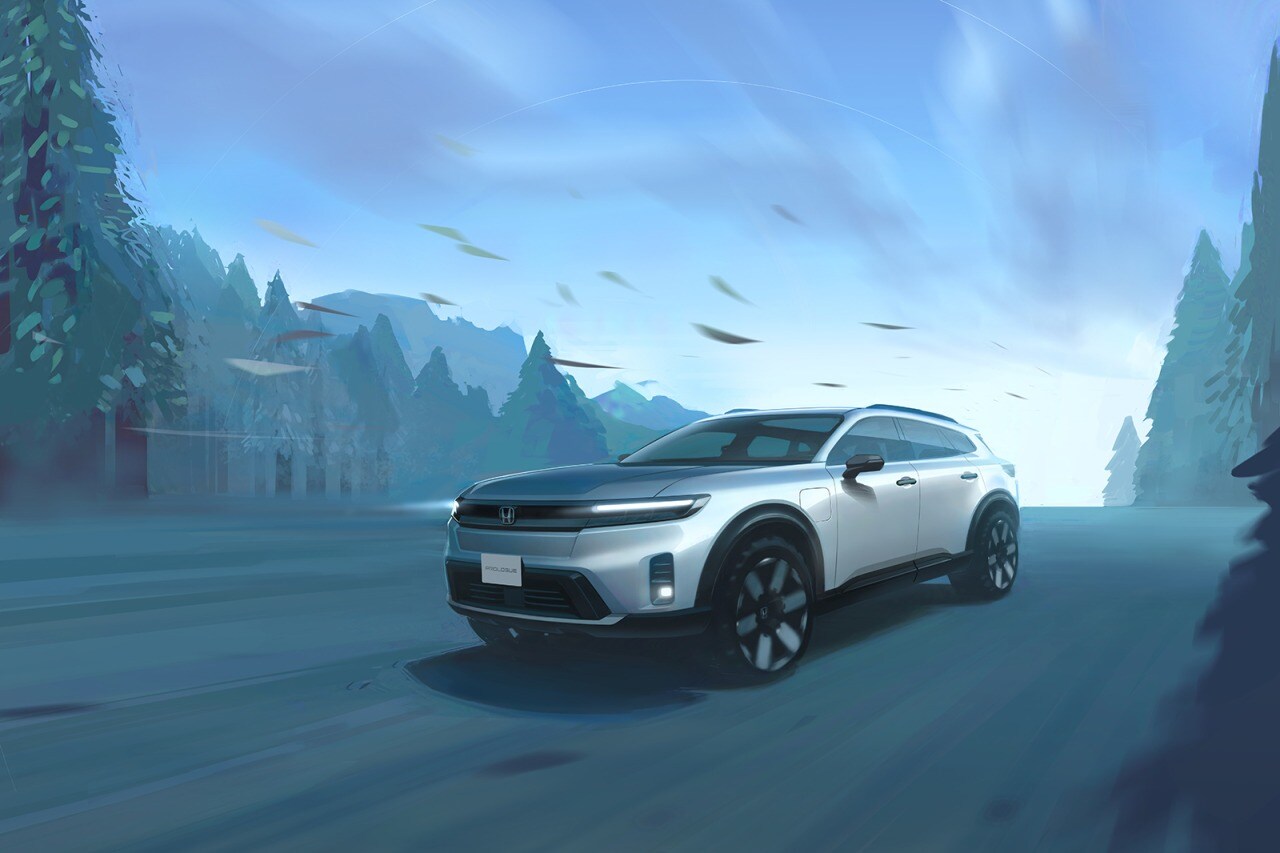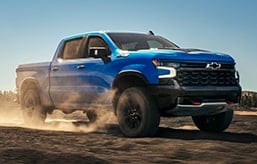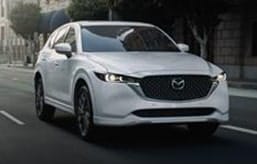- Strong CR-V x Passport vibes from sketch of Honda’s forthcoming EV crossover
- Honda makes up for slow EV start with GM partnership
- Prologue crossover opens the floodgates for more Honda EVs later in the decade
Past Is Prologue: Honda Prologue Reveals EV Future
Honda's innovative ways don’t end with VTEC
Honda's been slow a little late to the electric vehicle game, but its first long-range electron burner isn't too far away. The automaker made a splash yesterday when it offered a first look at its upcoming electric crossover, the 2024 Honda Prologue.
The Prologue will be the first fruit from a partnership between Honda and GM aimed at co-developing several EVs over the coming years and will be Honda's first high-volume EV. So far, the company has only dabbled on the fringes of electrification with the Fit EV and Clarity Electric. Tapping into GM's global resources should help kickstart the company's move to an electric future. Honda says it intends to launch 30 EVs globally, and sell a cumulative 500,000 units in North America, by 2030. One of them will be the Prologue's counterpart wearing an Acura badge.
Future forward with a familiar design
Honda says the front has a strong whiff of the diminutive Honda e electric car recently launched in Europe. We don't quite see it — the Honda e is a modern homage to the original Civic hatchback, with round headlights and a wide, oblong grille — but we do see hints of the latest Civic and Accord front ends in the thin-banded grille and headlight strip.
But the Prologue appears to have some adventurous intent, with short overhangs, large tires and some measure of ground clearance. While we'd expect Honda's first EV crossover to follow a more conventional footprint — an electrified CR-V, for example — we're intrigued that the Prologue could potentially have some meatier carriage like the Passport. The design is a product of Honda's design studios in Los Angeles and Japan.
Honda's electric goal: Affordable, specialty and flagship Evs
Honda's been slow to the EV product cycle, as nearly all of its Asian competitors (even Mitsubishi!) either have a current EV or one nearing production. But the company is betting big, committing around $40 billion in its electrification strategy. The Prologue and Acura-branded vehicles will be the first arrivals, followed by vehicles built off the Honda e:Architecture EV platform.
By 2027, Honda plans to introduce affordable EVs in North America that will offer the driving range of gas-powered cars at a similar cost. A "specialty" sports car and flagship sports car are also planned. A Civic Type R EV would break brains among Honda enthusiasts and would likely be one of the most anticipated launches in memory. But we get ahead of ourselves.
What's in it for GM?
GM is rolling out the first vehicles built on its modular Ultium platform, starting with the GMC Hummer EV. Ultium will eventually underpin the Prologue as well. Honda has focused its attention on developing solid-state batteries — batteries that use layers of solid electrolytes, compared to the liquid electrolyte bath in today's lithium-ion batteries. Solid-state batteries can pack more energy density, which is key to extending EV range, and are believed to be safer (little to no risk of fire or explosion) and more environmentally sustainable.
Both companies should benefit from each other's battery research and development, but a more visible result of the collaboration will be an all-new EV that GM says will slot in below the forthcoming 2024 Chevrolet Equinox EV.
With the next-gen Corvette due around 2025 or 2026, is it conceivable we could see some trace evolution of the NSX in the C9 bloodline? A CorSX? NSX-Vette?
Again, we get ahead of ourselves.
Edmunds says
Honda's late to the EV game, but a partnership with GM should make up for lost time with a forthcoming electric crossover and a slate of EVs to follow a few years later.
Am I Ready for an EV?
- EV ownership works best if you can charge at home (240V outlet)
- Adding a home charging system is estimated to cost $1,616 in
- Edmunds is partnering with Treehouse, an independent provider of home EV installation services. Learn more about the installation services partnership



 by
by